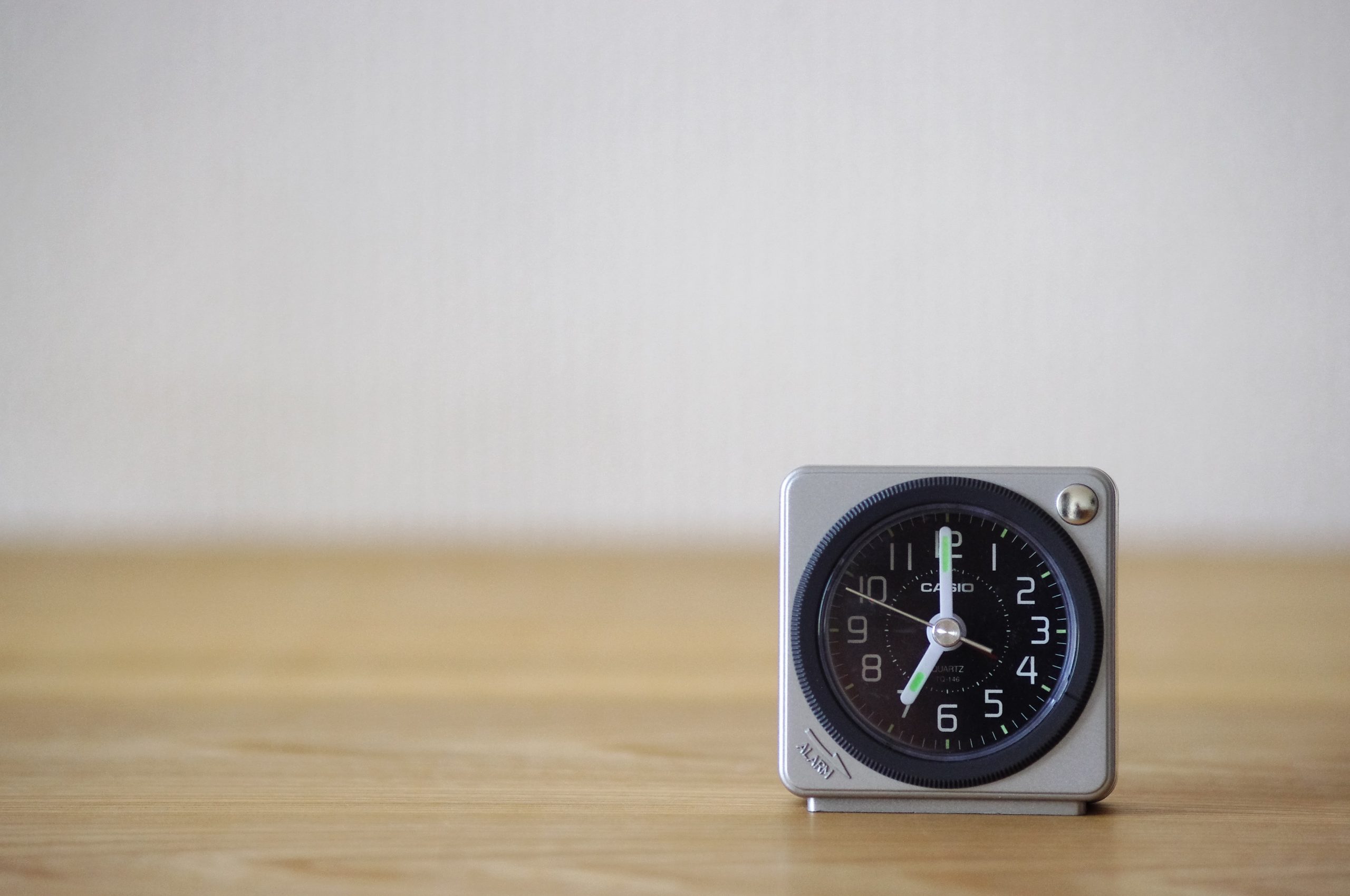Daytime fatigue can be a debilitating and frustrating experience, affecting a person’s mood, productivity and overall well-being. Daytime fatigue often occurs due to underlying medical conditions, a busy lifestyle, or inadequate sleep. You can use various strategies to overcome daytime fatigue to regain focus and energy during the day. This post explores the different ways to combat daytime fatigue.
7 Tips For Overcoming Daytime Fatigue
1. Have a Consistent Sleep Schedule
This is one of the most effective ways of combating daytime fatigue. Irregular sleep patterns affect your circadian rhythm making it difficult to fall asleep. Going to bed and waking up at the same time daily can help regulate one’s circadian rhythm and enhance sleep quality. The circadian rhythm influences our physiological patterns like energy levels and sleep patterns. When you have a consistent sleeping schedule, your body will become sleepy naturally at bedtime, making it easier for you to fall asleep. When you wake up at the same time daily, your body will become more alert and energised; thus, you’ll feel refreshed throughout the day, thus minimising the risk of developing chronic fatigue and enhancing your overall life quality.
2. Create a Conducive Sleep Environment
A conducive sleep environment promotes relaxation, reduces stress, and makes falling and staying asleep easier. One way you can create a conducive sleep environment is by maintaining an ideal room temperature which can help promote relaxation and minimise the discomfort that interferes with sleep. Noise can make it difficult to fall asleep; use earplugs or a white noise machine to help reduce background noise to get a good night’s sleep. Light can also interfere with melatonin production, a sleep-regulating hormone. Use an eye mask or heavy curtains to keep the room as dark as possible, and don’t use electronic gadgets before bedtime. Having a comfortable mattress and pillow can enhance sleep quality. Invest in bedding that’s breathable, soft, and supportive; when shopping for a mattress, look for one that meets all your specific needs.

3. Seek Medical Advice
If you’re experiencing chronic fatigue, you must consult your healthcare provider to rule out any underlying medical conditions affecting your sleep. Various medical conditions can contribute to fatigue, such as sleeping disorders, depression, chronic pain, and hormonal imbalance. Your healthcare provider will perform a thorough evaluation, including a sleep study and a physical exam, and assess your medical history to determine what’s causing your fatigue. Based on the results of the tests, they may recommend medications or lifestyle changes to combat your fatigue. For instance, if you have a sleep disorder like apnea, your physician may recommend CPAP to help you breathe better when you sleep. If you have apnea, you can check out cpap.com.au to find an affordable CPAP machine to help you sleep better.
4. Exercising Regularly
Exercising regularly is one of the most effective ways to combat daytime fatigue and boost energy levels. Regular physical activity can help improve sleep quality, increase alertness, and reduce feelings of stress and anxiety. Regular physical activity can boost energy levels and increase mental alertness, helping you feel more awake and focused. When you exercise, your body releases endorphins, natural chemicals that can elevate mood and reduce feelings of stress and anxiety. Exercise can also help regulate the circadian rhythm, improving sleep quality and reducing daytime fatigue.
It’s essential to find an exercise routine that you enjoy and can stick to. Do moderate-intensity exercises such as brisk walking, cycling, or swimming for 30 minutes minimum. You can also try short, high-intensity workouts, such as interval training, which can be particularly effective for boosting energy levels.
5. Avoid Substances that can Interfere with your Sleep Quality
Avoiding substances that can interfere with sleep quality, such as nicotine, caffeine, and alcohol will improve sleep quality. Consuming nicotine and caffeine increases alertness and thus prevents one from sleeping. Even though alcohol makes people sleepy, it usually interferes with one’s sleep quality by causing restless sleep, thus reducing the amount of deep sleep. Try to limit the consumption of these substances before bedtime. Substances usually disrupt sleep patterns, thus resulting in reduced mental alertness, irritability, and fatigue. Prescription medications like beta-blockers, antidepressants, and stimulants can also interfere with your sleep pattern. If you’re taking any prescription drugs, ask them about the possible side effects and if alternative medications are better for you. Drink plenty of water and stick to a healthy diet to feel alert throughout the day.
6. Sleep the Recommended Number of Hours
Sleeping the recommended hours reduces daytime fatigue and improves overall health. Most adults need 7 to 9 hours of sleep daily to feel refreshed and alert. Sleeping the right amount of hours can help regulate the circadian rhythm, which controls the body’s sleep-wake cycle. When you get enough sleep, your body has time to repair and recharge, reducing feelings of fatigue and increasing energy levels. Additionally, getting enough sleep can improve mood, cognitive function, and physical performance, making it easier to stay awake and focused throughout the day. If you consistently sleep fewer hours than your body needs or have poor sleep quality, you may experience chronic fatigue, irritability, and reduced mental alertness. This is why it’s important to prioritise sleep and establish healthy sleep habits.

7. Manage Stress
Stress can cause daytime fatigue by disrupting the body’s sleep-wake cycle and interfering with the quality of your sleep. Stress activates the body’s “fight or flight” response, which releases hormones like adrenaline and cortisol. These hormones increase heart rate, mental alertness, and blood pressure, making it difficult to fall asleep or stay asleep throughout the night. Stress can also cause feelings of anxiety, worry, and racing thoughts, making it difficult to relax and fall asleep. To reduce the effects of anxiety on daytime fatigue, it’s essential to adopt healthy stress management strategies, such as exercise, relaxation techniques, mindfulness, and seeking support from loved ones or mental health professionals.
Bottom Line
Overcoming daytime fatigue is essential for improving overall health and well-being. Following the tips above and making healthy life choices can enhance sleep quality, increase energy levels, and reduce fatigue. Sleep is essential to your overall health, and prioritising it can positively impact your physical performance, mental alertness, and mood.











No Comments